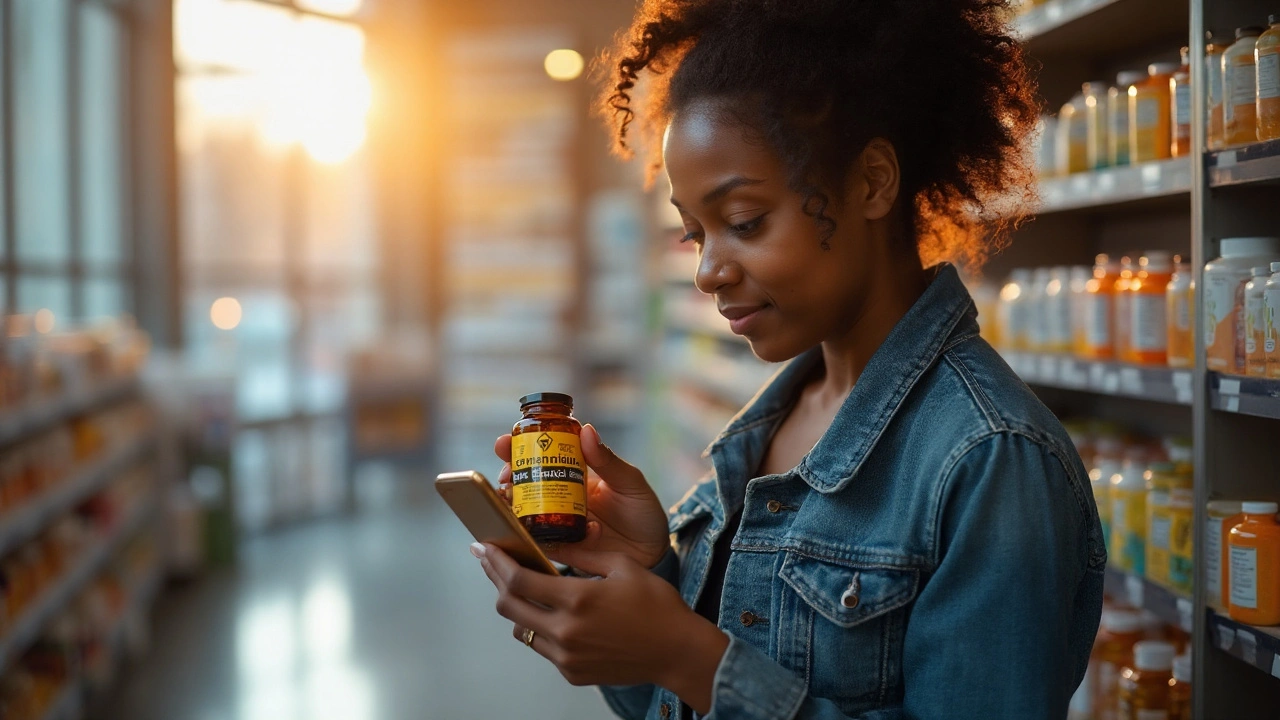Supplement Safety: Your Quick Guide to Safe Supplement Use
Ever wonder if that new vitamin you saw online is actually safe? You’re not alone. Millions of people buy supplements without checking the basics, and it can lead to wasted money or even health problems. This guide breaks down the simplest steps you can take right now to keep your supplement stash safe.
Check the Label and Verify Ingredients
The first thing you should do is read the label like you would a medication bottle. Look for the exact amount of each ingredient, the form (powder, capsule, liquid), and any extra fillers. If the label lists a proprietary blend without percentages, that’s a red flag – you don’t know how much of each herb you’re getting.
Next, search the ingredient names online. Reputable sites such as the NIH Office of Dietary Supplements provide dosage ranges and known side effects. If an ingredient sounds too good to be true (e.g., “miracle weight‑loss blend” with no dosage), skip it.
Buy From Trusted Sources
Where you buy matters as much as what you buy. Stick to pharmacies, well‑known health stores, or official brand websites. Online marketplaces can be tempting, but they often host counterfeit or expired products. Look for certifications like Good Manufacturing Practice (GMP) or a third‑party lab test report – many brands post a PDF of their testing results.
If you’re in Australia, sites like birdirx.com are vetted for safety, privacy, and quick delivery. For U.S. shoppers, check if the retailer follows FDA guidelines and offers a clear return policy. When in doubt, call the company’s customer service and ask for a batch number and lab results.
Don’t forget to talk to your doctor or pharmacist before adding a new supplement, especially if you’re already on prescription meds. Some supplements, like diosmin or potassium, can interact with blood thinners or blood pressure drugs.
Here’s a quick checklist you can save:
- Label lists exact ingredient amounts.
- Ingredient names match reputable databases.
- Manufacturer follows GMP or shows third‑party testing.
- Seller is a recognized pharmacy or trusted health store.
- You’ve consulted a healthcare professional if needed.
Following these steps cuts down the risk of counterfeit pills, hidden allergens, and unexpected side effects. The goal isn’t to scare you – it’s to make supplement shopping as safe as buying a bottle of aspirin.
Remember, a supplement that promises rapid results with no side effects is probably not legit. Real benefits take time, and safe products always disclose what they contain. Keep this guide handy, stay curious, and enjoy the health boost that comes from truly safe supplements.
Germanium Supplement: Benefits, Risks, and Australia’s 2025 Safety Rules
Curious about germanium supplements? Here’s what the science says in 2025-real benefits, real risks, and Australia’s TGA rules. Safer alternatives and next steps inside.

